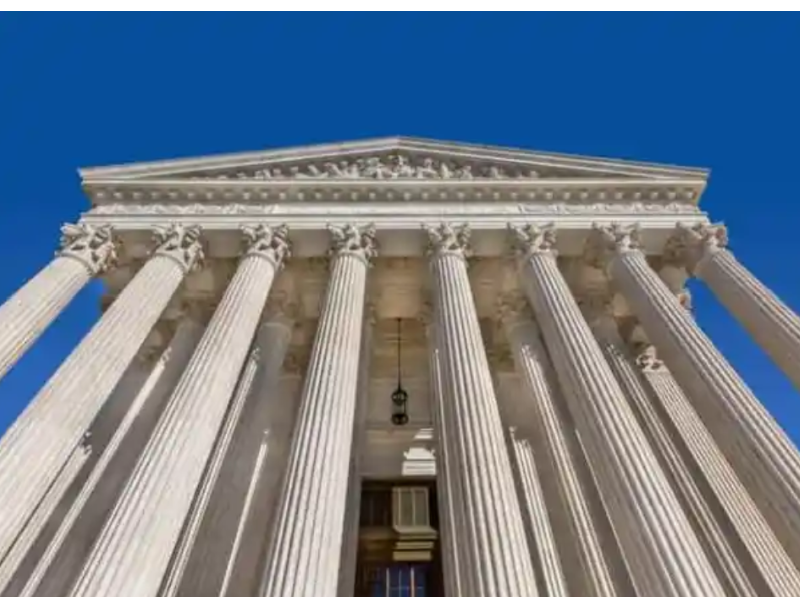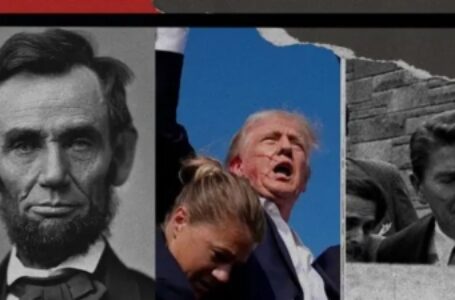Two Important Supreme Court Cases – Religious Rights & Voter ID

The Supreme Court ruled in favor of religious rights today. They also agreed to take up a voter ID law before November.
Religious Rights
The U.S. Supreme Court ruled today in a 6-3 decision that preventing school choice families from taking their children’s taxpayer-funded education dollars to religious private schools violated the Free Exercise Clause of the 1st Amendment.
The Supreme Court struck down a Maine education program that provides tuition assistance for students to attend some private schools but excludes schools that provide religious instruction. The Supreme Court says the exclusion of religious schools is unconstitutional.
Sotomayor dissented, saying, “In 2017, I feared that the Court was ‘lead[ing] us . . . to a place where separation of church and state is a constitutional slogan, not a constitutional commitment.” Actually, she is right. It is just a slogan, not in the Constitution.
Separation of church and state, which is not in the Constitution, doesn’t mean you can discriminate and treat some unequally.
This Is Nice
this clip reflects well on both Clarence Thomas and Sonia Sotomayor.pic.twitter.com/moRhxpKee8
— Jerry Dunleavy (@JerryDunleavy) June 17, 2022
Review of a Voter ID Law Before November
The U.S. Supreme Court will review contested voter ID laws in North Carolina. This comes months before November’s crucial midterm elections.
The case will decide if Republican lawmakers in North Carolina can intervene to defend the state’s voter ID law from lawsuits.
Republican lawmakers say the state’s Democratic Attorney General John Stein is not properly defending the law from legal challenges brought by the NAACP and other groups who claim it violates the Constitution and the Voting Rights Act
S.B. 824 requires voters in North Carolina to present photo ID, including driver’s licenses, military IDs, and other forms of identification.
The majority say black voters are poor and it’s hard for them to get a voter ID.
Earlier this month, the Supreme Court ruled in favor of counting undated mail-in ballots in a contested Pennsylvania local election.
The 6-3 ruling could create broader implications for close races in November’s crucial midterm elections.
“Over the objection of three justices, the Court restored a federal appeals court ruling that said disqualifying ballots received on time but lacking a handwritten date on the return envelope would violate federal voting rights,” ABC News reported. “Pennsylvania state law requires that voters include a date next to the signature, even though mail ballots are typically postmarked and dated again by election officials when they are received. The appeals court concluded the absence of the handwritten date was an immaterial error.”















